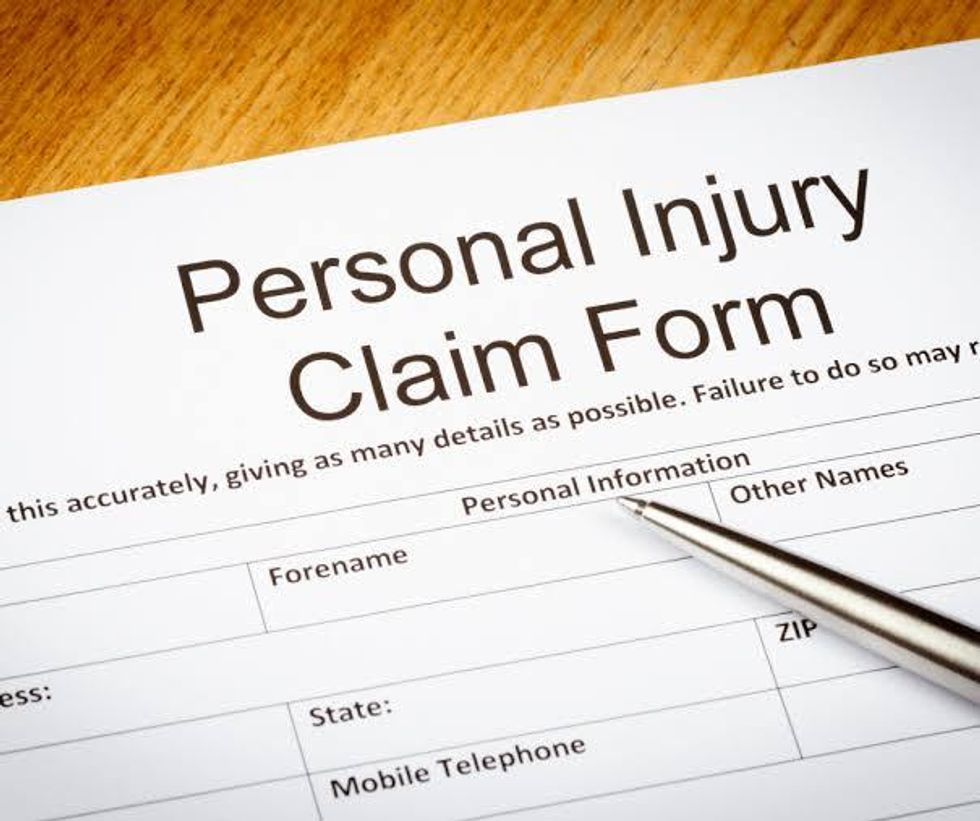Many individuals know that having legal representation can help you get a fair settlement after injuries due to someone else's negligence. However, such awareness frequently only goes as far as "hiring a lawyer." So, what do they do for you when you hire a personal injury lawyer? What kinds of tasks do they have to complete to provide you with outstanding service?
- Lawyers evaluate your chances of success.
First and foremost, a lawyer's role is to ensure you don't pursue legal remedies that are unlikely to succeed. You may not have the standing to sue someone in some situations, and the standard of proof imposed by the law may be too demanding to achieve in others. Your lawyer will gather all of the evidence and decide whether or not you have a case and your chances of winning. While no results can ever be guaranteed, this is the first and most critical step.
2.Your lawyer handles vital negotiations.
Nobody wants to go through the arduous negotiating process with an insurance provider independently. It would help if you didn't have to put your life on wait to wrangle with adjusters, whether your claim is under rejection or the other party's insurer refuses to provide you with a reasonable offer of compensation. Instead, a personal injury lawyer handles the back-and-forth negotiations that could lead to a more significant settlement offer — or the signal that it's time to explore other possibilities.
3.The importance of gathering all the pieces of evidence
Personal injury lawyers are well-versed in the legal requirements for establishing a claim of negligence or otherwise pressing the necessary claims for these types of instances. As a result, they make gathering evidence and presenting the facts cohesive that support your overall case much more straightforward. They also know where to find answers to complex problems when the law gets complicated.
4.Lawyers handle all the court proceedings.
When it comes to filing legal documents with the court, there are a variety of forms, suitable wording, formatting, and dates to consider. However, it would be best if you didn't have to deal with this complicated procedure. Instead, your injury lawyer should properly prepare and file everything essential to proceed with a lawsuit in court. They'll also handle alerting the other party and handling any case-related correspondence on your behalf.
5. Representation before the court
If your case progresses to a lawsuit, your lawyer assumes their most crucial obligation to you: representing you in front of a judge in court. Because office work and courtroom work are so dissimilar, experience in these areas is crucial. In addition, lawyers will explain any court decisions to you and arrange compensation distribution. Although most such lawsuits settle outside of court, the case is brought to trial when a reasonable settlement cannot reach. Your injury attorney effectively represents you in court and fights for the compensation you deserve.
6. It simplifies the overall process for you.
Your lawyer walks you through the entire process, including how to file your claim and what to expect in the following weeks. They also assist you in understanding your rights and the benefits to which you may be entitled.
Find a Personal Injury Lawyer that you can trust.
Personal injury lawyers are typically quite busy "behind the scenes," working hard to improve outcomes for their clients, with so many obligations. For example, have you lately suffered an injury from a slip and fall or a car accident that resulted in a loss of income or other negative consequences in your life? It would be a good idea to consult with a personal injury firm today to assess your legal situation. But, of course, hiring a new haven personal injury lawyer always remains a good option.




















 sunrise
StableDiffusion
sunrise
StableDiffusion
 bonfire friends
StableDiffusion
bonfire friends
StableDiffusion
 sadness
StableDiffusion
sadness
StableDiffusion

 purple skies
StableDiffusion
purple skies
StableDiffusion

 true love
StableDiffusion
true love
StableDiffusion
 My Cheerleader
StableDiffusion
My Cheerleader
StableDiffusion
 womans transformation to happiness and love
StableDiffusion
womans transformation to happiness and love
StableDiffusion
 future life together of adventures
StableDiffusion
future life together of adventures
StableDiffusion

















